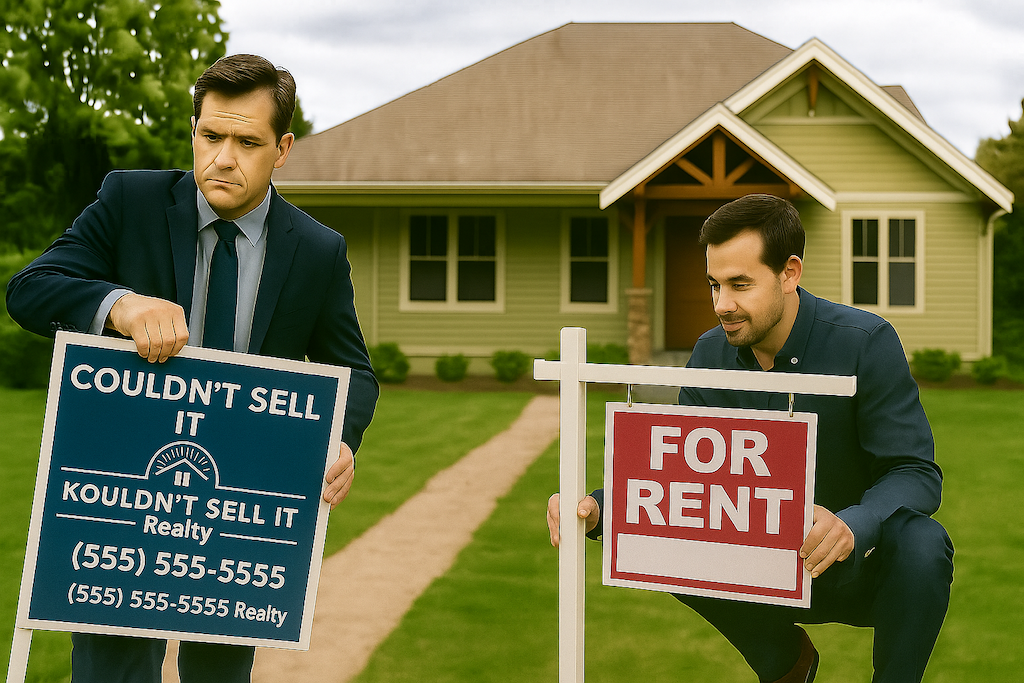From Homeowner to Landlord: A Guide for Accidental Landlords

An “Accidental Landlord” is someone who becomes a rental property owner unintentionally, through circumstances rather than by deliberate investment strategy. Unlike traditional landlords who purchase properties specifically to generate rental income, accidental landlords find themselves in this role due to life events or market conditions that make renting out their property the most practical option.
While becoming an accidental landlord might feel overwhelming at first, you're not alone in this situation. Thousands of property owners find themselves in similar circumstances each year, and understanding how others arrived at this crossroads can help you navigate your path forward with greater confidence.
The path to accidental landlording typically unfolds through several predictable scenarios. Whether you're facing a job relocation that requires moving before you can sell, inheriting family property, or finding yourself stuck in a slow housing market where high mortgage rates make selling financially unviable, these circumstances often leave property owners with renting as their most practical option.
The scale of this phenomenon becomes clear when examining recent market data. Current statistics reveal just how significantly economic conditions and housing market dynamics are driving the accidental landlord trend across the United States, with certain regions experiencing particularly dramatic shifts in homeowner behavior.
Recent U.S. Accidental Landlord Statistics
The Rise of Accidental Landlords
Homeowners pivot to rentals when they can't sell
- Homeowners Transitioning to Rentals: In cities like Houston, 6.8% of unsuccessful sellers pivoted to the rental market, marking a 41.4% increase year-over-year. (Parcll Labs)
- Delistings Surge Nearly 50% as Sellers Who Can't Get Their Price Quit the Market in Frustration (Realtor.com)
- Factors Driving the Trend: High mortgage rates and increased inventory are leading homeowners to convert their properties into rentals rather than selling them. (Property Casualty 360)
- Regional Impact: Markets like Houston, Dallas, Tampa, Phoenix, and Atlanta have seen significant increases in homes that failed to sell and were converted into rentals. (Moneywise)
- Competition with Institutional Investors: Accidental landlords are intensifying competition in the single-family rental market, particularly in Sun Belt metros like Atlanta, Phoenix, Dallas, and Charlotte, where institutional investors have significant holdings. (Credaily)
- Demographic Insights: Millennials comprise the largest share (42%) of renters, while Baby Boomers comprise the largest percentage (42%) of homeowners. (Doorloop)
